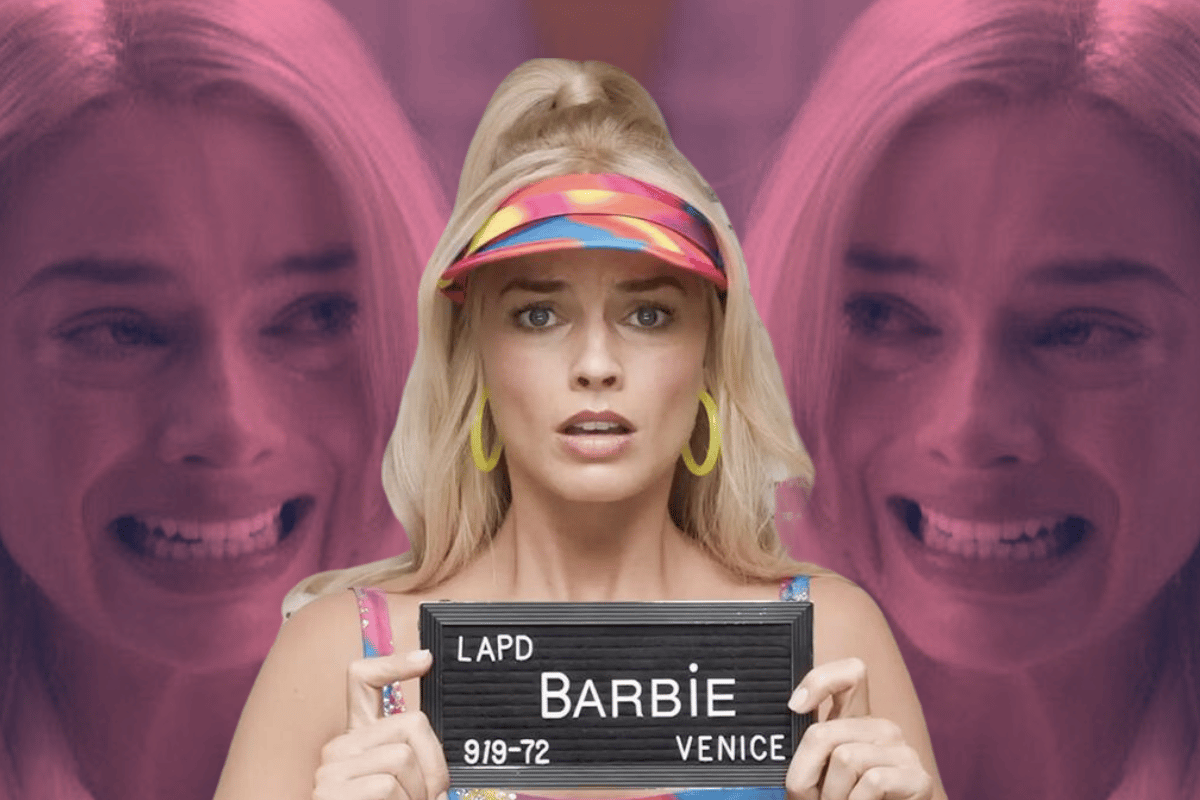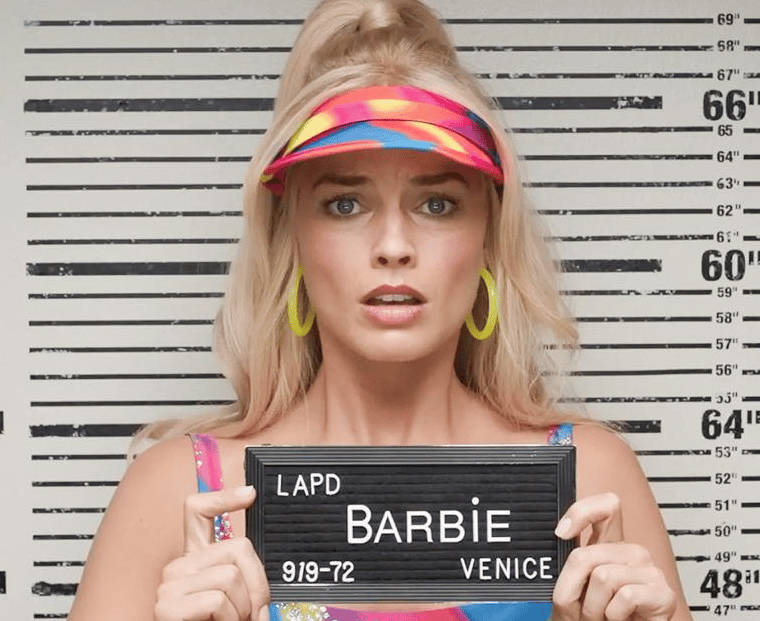
I thought I knew.
Pink. Sparkles. Smarts. Girl Power.
That's what I was expecting from the much-hyped Barbie movie. Sure, there were doubts. Barbie is, after all, the plastic doll my second-wave feminist mother never wanted me to have. But this is a movie made by clever, powerful women, and everyone knew, as soon as writer/director Greta Gerwig's name was associated, it was going to be as edgy, feminist and subversive as The Doll would allow.
Barbie, the movie, is all those things. It's also very, very funny.
And, in parts, it's quietly devastating.
 Image: Warner Bros.
Image: Warner Bros.